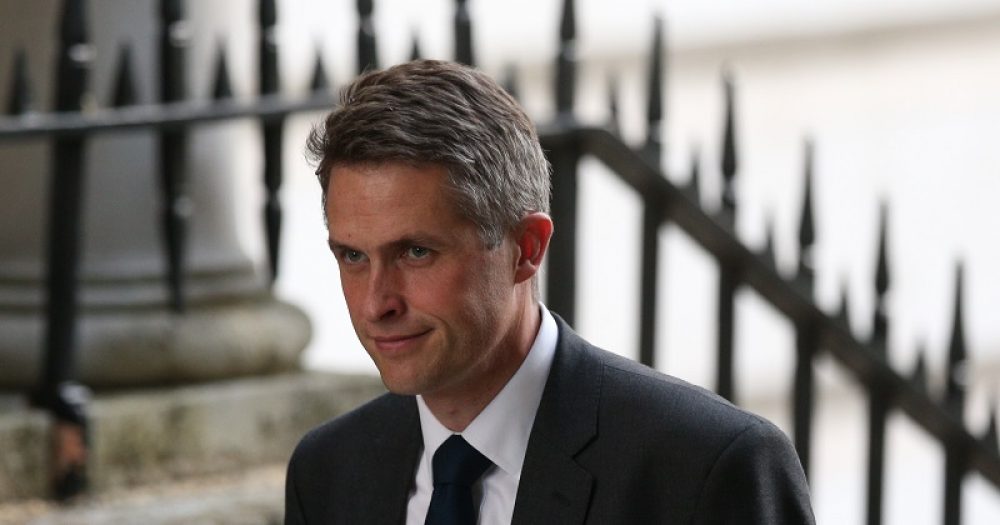The education secretary has, instead of neutralising problems with A-level and GCSE gradings, “taken a blow torch” to the English exams system, writes Tom Bewick.
Most people will remember the former US defence secretary, Donald Rumsfeld, when he famously introduced to the lexicon, “known unknowns.” It sparked a whole public debate about the information politicians have to hand, including what data, reasonably, they do not have, which can lead to catastrophic consequences down the line. Rumsfeld deployed his set of idioms to explain why Iraq turned out not to have weapons of mass destruction.
The education secretary, Gavin Williamson, has deployed a similar tactic just twenty-four hours before A-Level results were published, by presenting to the media, a last minute decision based on the idea of, “unknown, unknowns.” In other words, when the secretary of state decided to cancel this summer’s examinations in April, he was not to know that the tutor-led model of calculation was an imperfect science; or that it was inevitable that the application of a national statistical moderation exercise would lead to various anomalies for some individual students. Yet, the secretary of state has known all along exactly what the implications of his decisions would be. Ofqual, the exams regulator, have delivered to the letter the two ministerial directions that he gave them at the start of the crisis. In the meantime, awarding bodies have worked day and night with their centres to put all the exceptional arrangements in place.
Following the debacle in Scotland, with the potential for high-profile political resignations, Williamson moved rapidly to avoid a similar situation happening in England. The real political problem for the secretary of state – is that far from neutralising the situation – as was evident when the Scottish education secretary, John Swinney, climbed down and apologised; he has in fact taken a blow torch to the whole English examinations system. Once again, Williamson has undermined the fundamental basis on which a robust, regulated and independent qualification system in England is based.
By making such a panicky last minute move, the education secretary has made an already challenging situation even worse. The SQA copped a lot of the blame for what happened north of the border, but interestingly, MPs in Westminster have been far more supportive of Ofqual, recognising that officials and awarding bodies have done an incredibly good job in very difficult circumstances. The fact that 36 per cent of A-Level grades in England that were changed from purely tutor predicted grades, following Ofqual’s statistical moderation exercise, have not been rescinded (as happened in Scotland), is testament to the resolve of the chief regulator, Sally Collier, who has ultimately stood up to any strong-arm tactics to follow Holyrood’s lead. Ofqual’s dedicated team of curriculum and statistical experts, however, now have the unenviable task of trying to define what a “valid mock exam” looks like.
At the end of the day, exams and qualifications are like a nation’s currency. They only have real value if the public has complete confidence in them. The Bank of England’s monetary policy committee operates independently of government for precisely this reason. Why would investors or savers have confidence in our economy if they felt politicians could simply wipe out their hard earned cash by printing money, causing massive inflation. Robert Mugabe tried this approach in Zimbabwe. It lead to hyper-inflation of 79 billion per cent.
Similarly, on the face of it, students and parents may welcome the so-called “safety net” that the Department for Education has now introduced. But ultimately, the class of 2020 will have to be able to look future admissions tutors and employers in the eye; and be able to explain that despite not sitting an exam this summer, through absolutely no fault of their own, the calculated results they hold are directly comparable to all the other generations that will follow. It would be a complete tragedy, because of some last minute political manoeuvrings, if the Covid generation were to be sold so far short in such an egregious and unsensitive way.
Donald Rumsfeld was finally forced to resign in 2006, when his Generals revolted, accusing him of abysmal planning skills, appalling leadership qualities and strategic incompetence.









Your thoughts